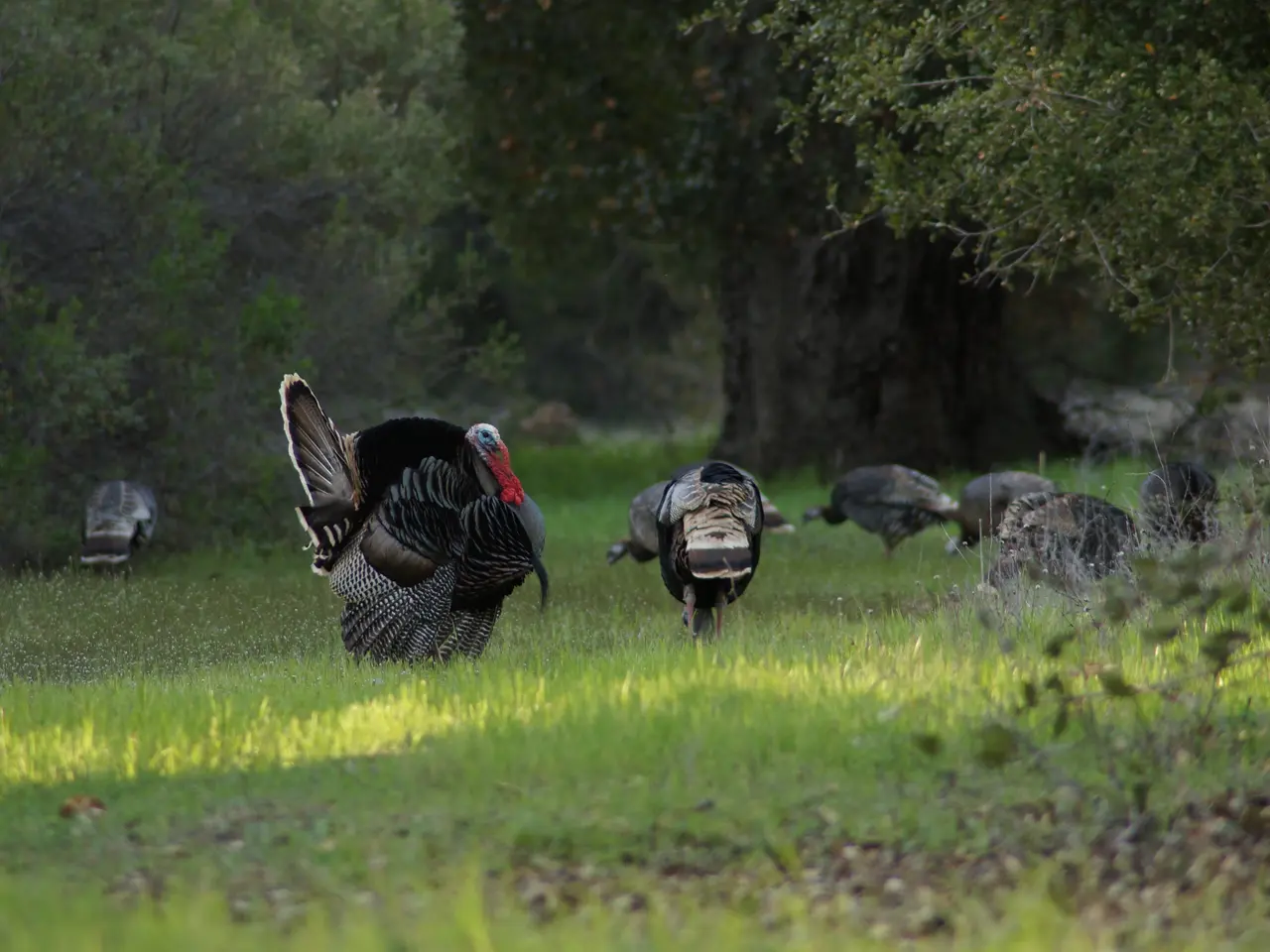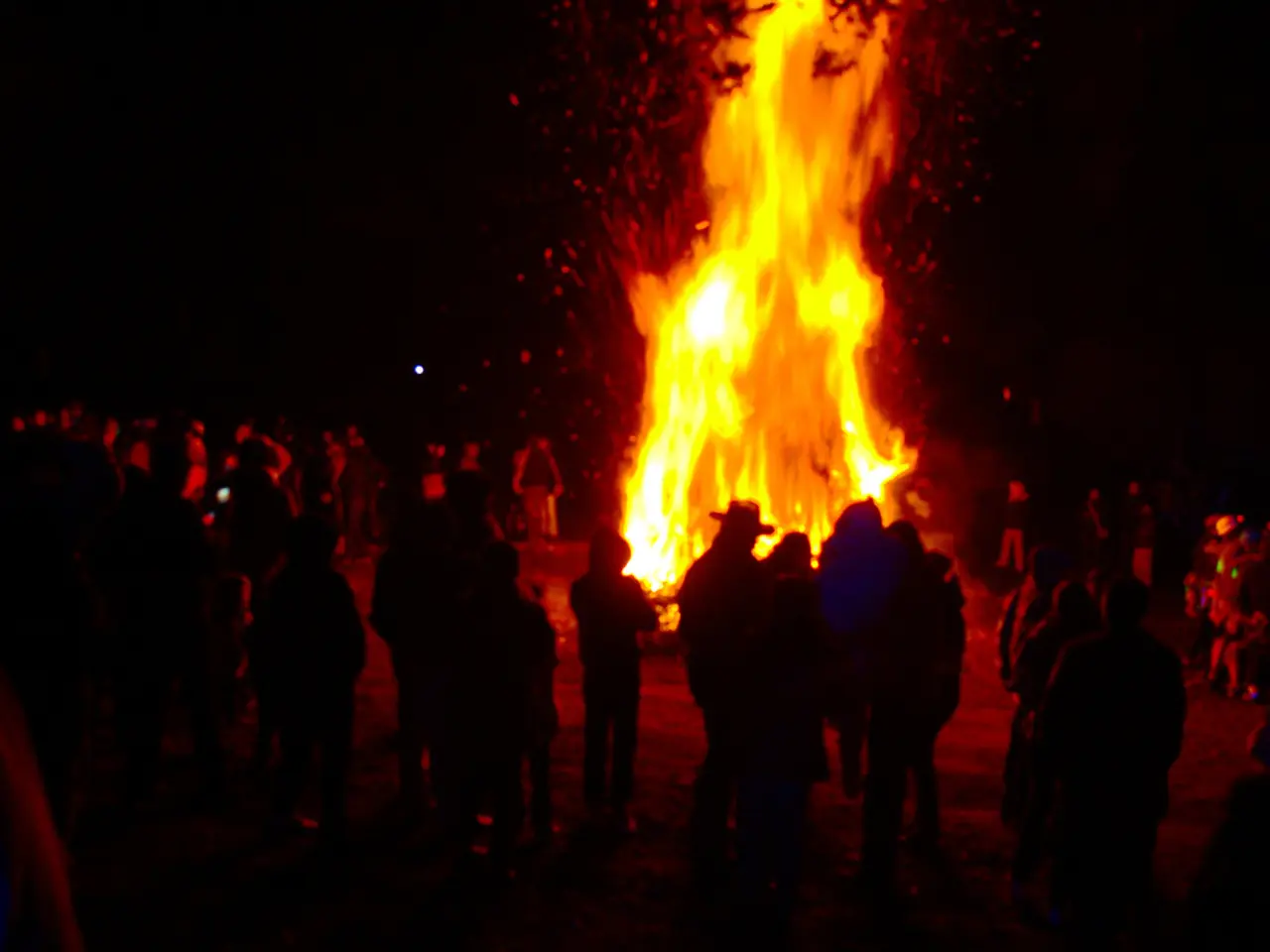Permanent Representation Established for Indigenous Peoples and Local Communities in Worldwide Biodiversity Management at COP16
Headline: UN Biodiversity Conference Establishes Permanent Body to Empower Indigenous Communities
At the recently concluded UN Biodiversity Conference (CBD COP 16), a significant milestone was achieved as the Permanent Subsidiary Body on Article 8(j) (SB8j) was established. This new body will provide a dedicated, ongoing institutional mechanism within the Convention on Biological Diversity (CBD) framework, focusing on issues related to Indigenous Peoples and local communities.
The SB8j is a testament to the recognition of the vital contributions of Indigenous Peoples and local communities in biodiversity conservation. For centuries, these communities have been the guardians of nature, caring for and protecting biodiversity since time immemorial.
This permanent body, led by the Indigenous Caucus, aims to ensure effective implementation and oversight of Article 8(j) and relevant provisions that recognize and safeguard the rights, knowledge, innovations, and practices of Indigenous Peoples and local communities in biodiversity conservation and sustainable use.
Article 8(j) of the CBD affirms the value of respecting, preserving, and maintaining the traditional knowledge of Indigenous Peoples and local communities, and promotes their wider application with equitable sharing of benefits arising from its utilization. The creation of the SB8j signifies a formal, permanent commitment to integrating Indigenous rights and knowledge into biodiversity policy and decision-making.
The significance of SB8j includes institutionalizing Indigenous participation in CBD processes, enhancing collaboration between Indigenous Peoples and CBD bodies, providing a platform to develop, monitor, and promote policies and modalities that reconcile biodiversity conservation objectives with the rights and livelihoods of Indigenous and local communities, and recognizing the intrinsic connection between biodiversity and Indigenous Peoples' cultural and knowledge systems.
The establishment of SB8j reflects a growing global consensus that biodiversity conservation must be grounded in inclusive governance that respects Indigenous sovereignty and knowledge systems as essential components to achieving the CBD’s objectives.
Indigenous leaders, such as Jeniffer Corpuz of the International Indigenous Forum on Biodiversity (IIFB), have hailed this as a historic victory, achieved after over two decades of participation in the CBD. Adamu Adija of the IIFB stated that this is a step forward in the recognition of the rights of Indigenous Peoples and local communities.
The IIFB believes that the SB8j will support the protection and progress of the rights of Indigenous Peoples and local communities, both internationally and nationally. Viviana Figueroa of the IIFB stated that this is a historic moment as it is the first time a UN environmental agreement adopts and establishes a permanent subsidiary body for Indigenous Peoples and local communities on traditional knowledge.
Lakpa Nuri Sherpa, Co-President of the FIIB, concluded that all CBD Parties made COP16 a 'People's COP'. John Locke, another prominent figure, stated that what happened in the room will resonate around the world.
The IIFB is excited about the recognition of their knowledge and its contribution to the conservation of biodiversity through the creation of the SB8j. Studies show that biodiversity is decreasing less rapidly in the lands of Indigenous Peoples and local communities. The continued existence of the Ad Hoc Working Group on Article 8(j) (WG8j) - and now the creation of a permanent one - demonstrates that the knowledge and practices of Indigenous Peoples and local communities are, and will continue to be, a key part of biodiversity conservation.
In conclusion, the Permanent Subsidiary Body on Article 8(j) institutionalizes the role of Indigenous Peoples in biodiversity policy, ensuring their rights and traditional knowledge are central to CBD implementation and global efforts to halt biodiversity loss. This represents a critical step in aligning international biodiversity governance with Indigenous Peoples' rights and contributions.
- The establishment of the Permanent Subsidiary Body on Article 8(j) (SB8j) is a significant step in the integration of environmental-science, particularly in biodiversity conservation, as it recognizes and safeguards the rights, knowledge, innovations, and practices of Indigenous Peoples and local communities.
- The SB8j, created at the UN Biodiversity Conference (CBD COP 16), is aimed at influencing policy-and-legislation regarding climate-change and biodiversity conservation, ensuring effective implementation and oversight of relevant provisions that acknowledge the role of Indigenous Peoples and local communities.
- The creation of the SB8j is a testament to the growing recognition in general-news of the importance of Indigenous Peoples and their knowledge systems in environmental sustainability, as it signifies a formal, permanent commitment to incorporating Indigenous rights and knowledge into biodiversity policy and decision-making.




